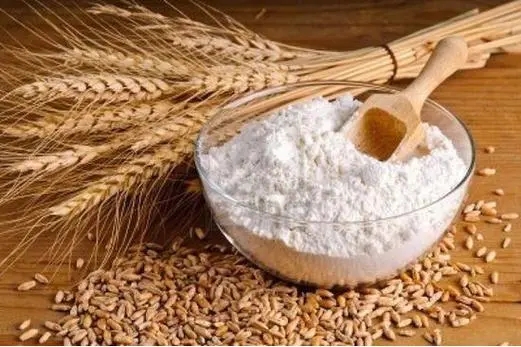
 CONTACT
CONTACT
- Linkman:Linda Yao
- Tel: +8618231198596
- Email:linda.yao@dcpharma.cn
- Linkman:CHARLES.WANG
- Department:Overseas
- Tel: 0086 0311-85537378 0086 0311-85539701
Imported ε-Polylysine Hydrochloride,Nutritional Preservative
TIME:2024-11-21
ε-Polylysine hydrochloride demonstrates broad-spectrum antimicrobial performance as a nutritional preservative. It effectively inhibits the growth of various microorganisms, including but not limited to Gram-positive bacteria, Gram-negative bacteria, yeasts, molds, and viruses. This wide antimicrobial spectrum makes it highly effective as a preservative across multiple application domains.
As a cationic surfactant, the positively charged molecules of ε-polylysine hydrochloride interact with negatively charged sites on microbial cell surfaces. This disrupts the outer membrane, releasing significant amounts of lipopolysaccharides and impairing microbial respiration.
ε-Polylysine hydrochloride can bind to intracellular ribosomes, interfering with the synthesis of macromolecules essential for microbial growth and reproduction.
ε-Polylysine hydrochloride exhibits excellent thermal stability.It can withstand high-temperature environments, such as 121°C for 30 minutes, without decomposition. This allows it to participate in heat-processing workflows, making it suitable for high-temperature applications in the food and beverage industries.
Thanks to its broad-spectrum antimicrobial properties and thermal stability, ε-polylysine hydrochloride has found extensive use in various fields:
ε-Polylysine hydrochloride serves as a preservative for fruits, vegetables, beans, rice and its derivatives, wheat flour products, grains, meat products, condiments, and beverages. It extends shelf life and maintains product quality during storage.
ε-Polylysine hydrochloride is commonly used in cosmetics and daily-use chemical products to inhibit microbial growth, ensuring product safety and stability.
Toxicological studies have shown that ε-polylysine hydrochloride is safe for biological systems when used appropriately. For example, acute toxicity tests in rats revealed no significant toxic reactions, even at high doses. Furthermore, most ε-polylysine hydrochloride is not absorbed in the gastrointestinal tract but is instead broken down into L-lysine, an essential amino acid for humans. This makes it an ideal preservative from a safety perspective.
With its broad-spectrum antimicrobial activity, high thermal stability, extensive application potential, and excellent safety profile,ε-polylysine hydrochloride is a standout preservative for food, cosmetics, and personal care products. These properties provide strong assurance of product quality and safety across industries.
- Tel:+8618231198596
- Whatsapp:18231198596
- Chat With Skype







